Frequently Asked Questions
Understanding the Importance of Dental Hygiene Treatment
Many patients ask us the same questions about their routine dental care. Here are some answers to frequently asked questions that you may find helpful.
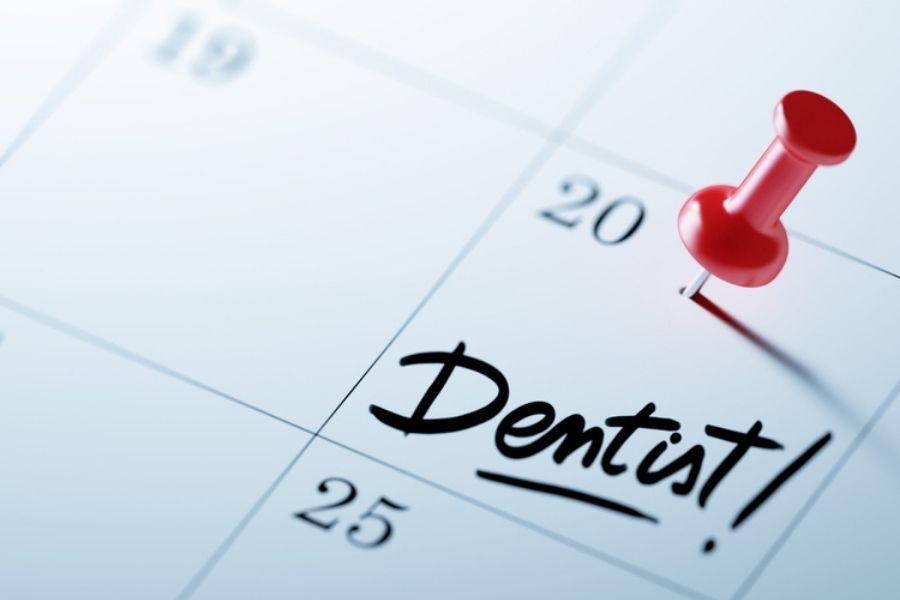
Why should I go to the dentist regularly?
Most people don’t visit their dentist on a regular basis. Regular visits for dental hygiene care, including cleanings, play a crucial role in preventing future dental issues. Having regular hygiene cleanings can prevent dental problems later on, costing you time and money, and causing you pain.

How often should I go to the dentist?
It is recommended for patients to visit the dentist for their routine cleanings at least twice a year, roughly every six months. Some patients visit more often due to their specific dental needs. No matter how thorough patients are at proper oral care, regular dental hygiene care is necessary as plaque buildup is inevitable. These visits, including x-rays and oral exams, allow your dentist to detect decay or other dental issues. Catching them early can save you time, money, and pain.
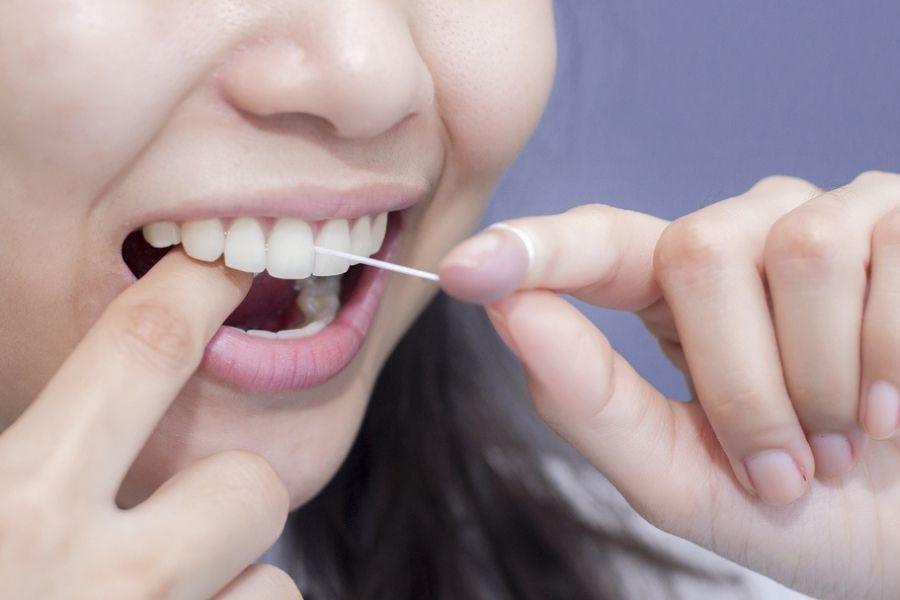
Why do I need to floss?
Brushing alone does not remove all the bacteria in your mouth caused by food particles left on your teeth. Flossing reaches the areas brushing does not reach, which are the spaces in between your teeth. Without flossing, the bacteria that turned to plaque can turn into tartar. While your toothbrush can remove plaque, it cannot remove tartar, and at this point dental intervention is needed.
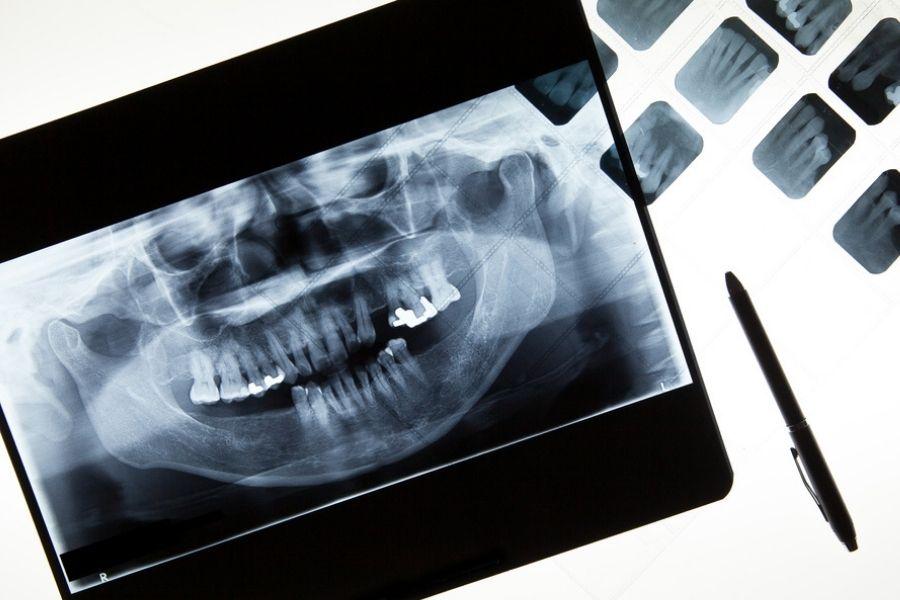
Why are x-rays important?
Dental x-rays, a standard part of dental hygiene care, are essential for a comprehensive examination of your mouth. They help in the early detection of dental issues, a fundamental aspect of dental hygiene. X-rays may reveal: areas of decay in between the teeth, infections in the bone, gum disease, abscesses, and some types of tumours. Routine x-rays are important as they can diagnose problems at an early stage to save you time, money, and pain.
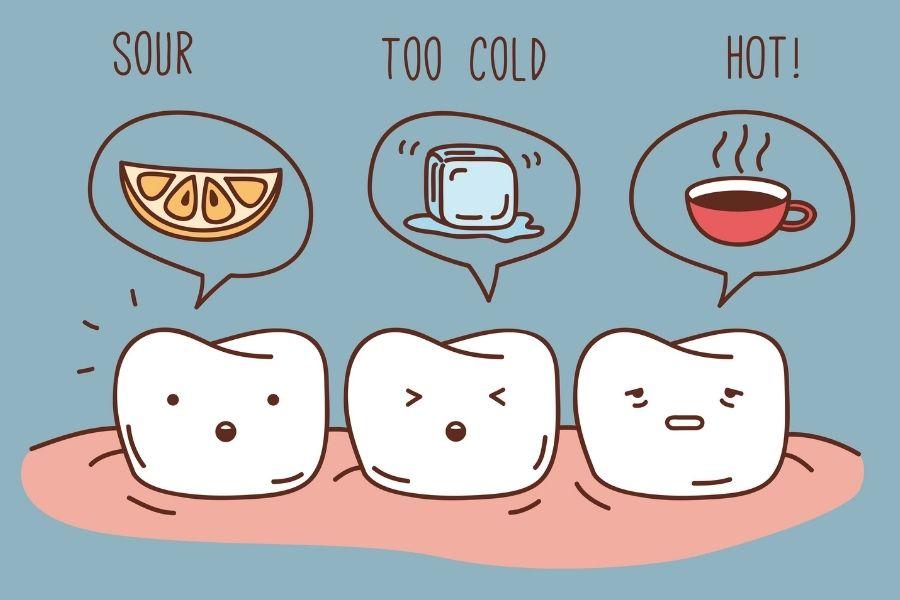
Why are my teeth sensitive?
There are many reasons why your teeth may be sensitive. Brushing too hard can damage your enamel, which can also lead to gum recession. Sugary food and drinks contribute to bacteria growth, which in turn affects the structure and durability of the teeth. Acidic food and drinks can also break down your enamel and leave your teeth feeling sensitive.
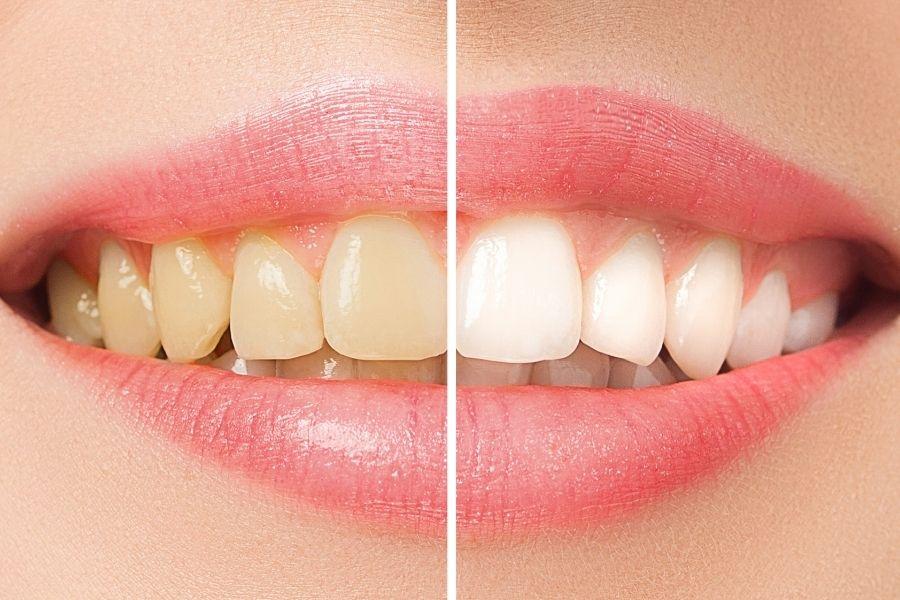
Why are my teeth yellow?
Understanding factors like diet and smoking is crucial in dental hygiene treatment. It helps in making long-term decisions to maintain dental hygiene. Foods that are high in tannins (natural compounds) can cause the yellowing of your teeth, such as pop, coffee, and wine. The tannins enter the enamel of your teeth and cause long-term discolouration. Smoking is also a factor in yellow teeth. Other reasons include genetics, age, illness, medications, and injuries to the tooth.

What is fluoride and why should I get it?
Fluoride is a natural mineral that is used to strengthen teeth and prevent cavities by protecting the enamel and fighting the bacteria that cause decay. Fluoride treatment is beneficial to patients who are prone to cavities and is administered as a rinse, foam, gel, or varnish.

How do my medications affect my dental health and treatment?
Medications can cause many dental problems, including gum inflammation, bleeding, and ulcerations, which can all lead to tooth loss. Some medications can reduce the amount of saliva produced, often causing dry mouth, which can increase the risk of tooth decay.

Does being pregnant affect my dental health and treatment?
Pregnancy can affect some women’s dental health, causing gum disease and an increased risk of tooth decay. Morning sickness can cause stomach acid to weaken the surface of your teeth. That’s why proper oral care is important to manage and control the damage that can be done.
Eating healthy foods allows the proper nutrients to enter your body and strengthen your teeth. Going to the dentist for cleanings on a more frequent basis can help with sensitivity and bleeding.
X-rays are generally avoided during pregnancy but can be taken if the risk of not taking them is greater than having them taken (to diagnose decay or infection). If dental work is needed, waiting until the second trimester is best.
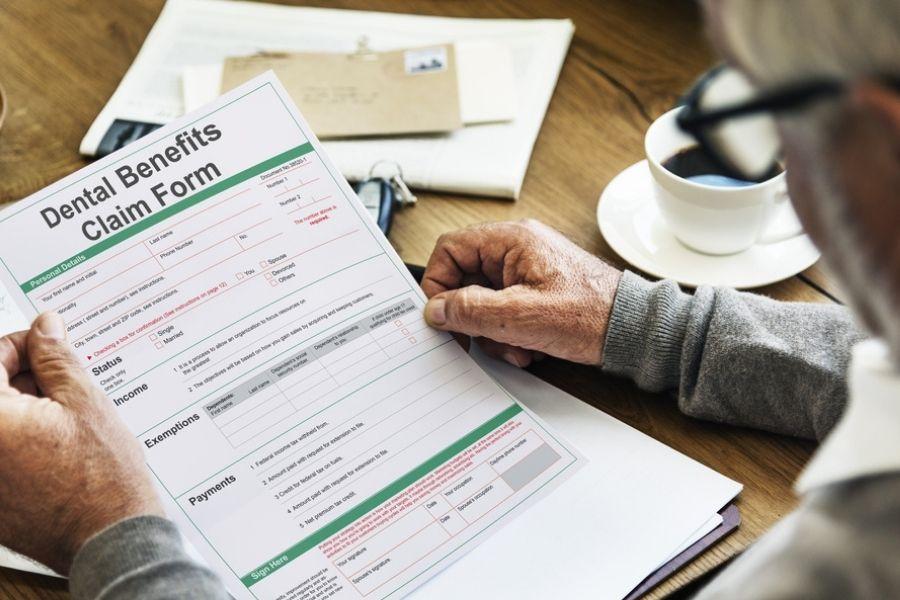
Do you know my insurance coverage?
Understanding insurance coverage is vital for proper dental hygiene treatment. Our office operates on a non-assignment basis, meaning that we do not directly bill your insurance company. We will submit your insurance claim to them on your behalf, but they will reimburse you directly.
Since we are non-assignment, we are considered a third party. Because of this, we do not have access to your insurance information. We are not able to determine your insurance coverage before your appointment. If you have any questions regarding your coverage, please contact your insurance company prior to your appointment.
